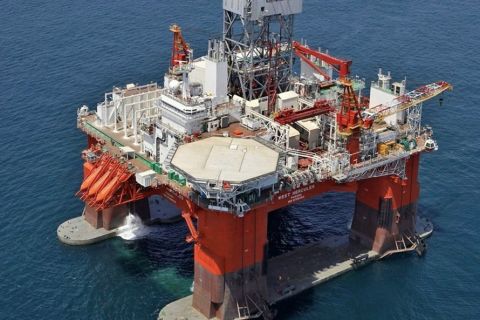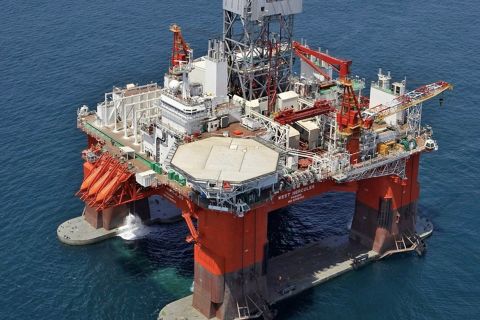Learn more about Hart Energy Conferences
Get our latest conference schedules, updates and insights straight to your inbox.
Investors in Australia’s top two independent oil and gas producers on April 14 rejected an activist group’s push to get the companies to spell out plans to wind down their operations to help curb global warming.
The resolutions were ultimately not put to a vote as they required shareholders first to approve a move to amend the companies’ constitutions, which they did not. However, their boards did disclose the proxy votes on the resolutions.
Almost one-fifth of votes cast ahead of Woodside Petroleum’s annual meeting were in favor of the resolution proposed by shareholder activist group Market Forces, which is affiliated with Friends of the Earth Australia.
That compared with 13% of votes cast ahead of Santos Ltd.’s annual meeting in favor of pushing the company to get out of oil and gas.
Market Forces had hoped for more backing as another group, the Australasian Centre for Corporate Responsibility (ACCR), last year won strong support for pushing companies to set targets for cutting their customers’ carbon emissions, so-called Scope 3 emissions.
“What’s disappointing is investors have missed that next step of understanding that reducing Scope 3 emissions means reducing coal, oil and gas production,” Market Forces campaigner Will van de Pol said.
He said, however, after the Santos vote: “With today’s vote almost doubling the previous record set for a fossil fuel wind-up resolution, all coal, oil and gas producers must take note—investors are increasingly willing to demand drastic action to align with global climate goals.”
Both Woodside and Santos see gas as a key fuel in the transition to cleaner energy, and as a source for hydrogen down the track.
Woodside said its net emissions have peaked and will decline, barring any major new acquisitions.
“The point I want all shareholders to understand is we think Woodside prospers in a lower carbon world,” Woodside Chairman Richard Goyder told shareholders at the annual meeting in Perth.
In contrast to Europe’s oil majors, the leading Australian gas producers are not chasing renewable energy, but instead focusing on carbon capture and storage (CCS) and tree-planting to offset emissions.
“Hydrogen with CCS will ultimately eliminate our emissions, and that’s our plan,” Santos Chairman Keith Spence told shareholders.
Santos and Woodside also initially faced climate resolutions from ACCR, working with British hedge fund manager Chris Hohn’s Say on Climate campaign.
Those were withdrawn after both companies agreed to put their climate reporting to a vote at their annual meetings in 2022.
Recommended Reading
Orange Basin Serves Up More Light Oil
2024-03-15 - Galp’s Mopane-2X exploration well offshore Namibia found a significant column of hydrocarbons, and the operator is assessing commerciality of the discovery.
Sinopec Brings West Sichuan Gas Field Onstream
2024-03-14 - The 100 Bcm sour gas onshore field, West Sichuan Gas Field, is expected to produce 2 Bcm per year.
Second Light Oil Discovery in Mopane-1X Well
2024-01-26 - Galp Energia's Avo-2 target in the Mopane-1X well offshore Namibia delivers second significant column of light oil.
E&P Highlights: Feb. 16, 2024
2024-02-19 - From the mobile offshore production unit arriving at the Nong Yao Field offshore Thailand to approval for the Castorone vessel to resume operations, below is a compilation of the latest headlines in the E&P space.




